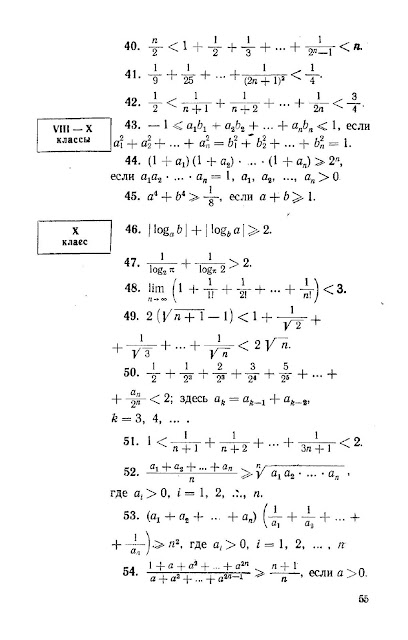In this research, several experimental tests have been designed and performed to examine the quality, accuracy, robustness, reliability, capability and flexibility of different parts of the proposed automatic control system in real and large-scale PV plants. The preliminary results have proven that automating the procedure of PV plants inspection is very promising, being practical, precise and much faster than traditional monitoring methods.
About Dr. Mohammadreza Aghaei Mohammadreza Aghaei has completed his Bachelor degree in Electronics Engineering in 2009 and studied Master of Business Administration (MBA - Project Management). He received the M.S. degree in Electronics Engineering (Solar Cells) from Tenaga Nasional Universiti, Malaysia in 2013 and the Ph.D degree in Electrical Engineering (PV modules and systems) from Politecnico di Milano, Italy in 2016.
































































